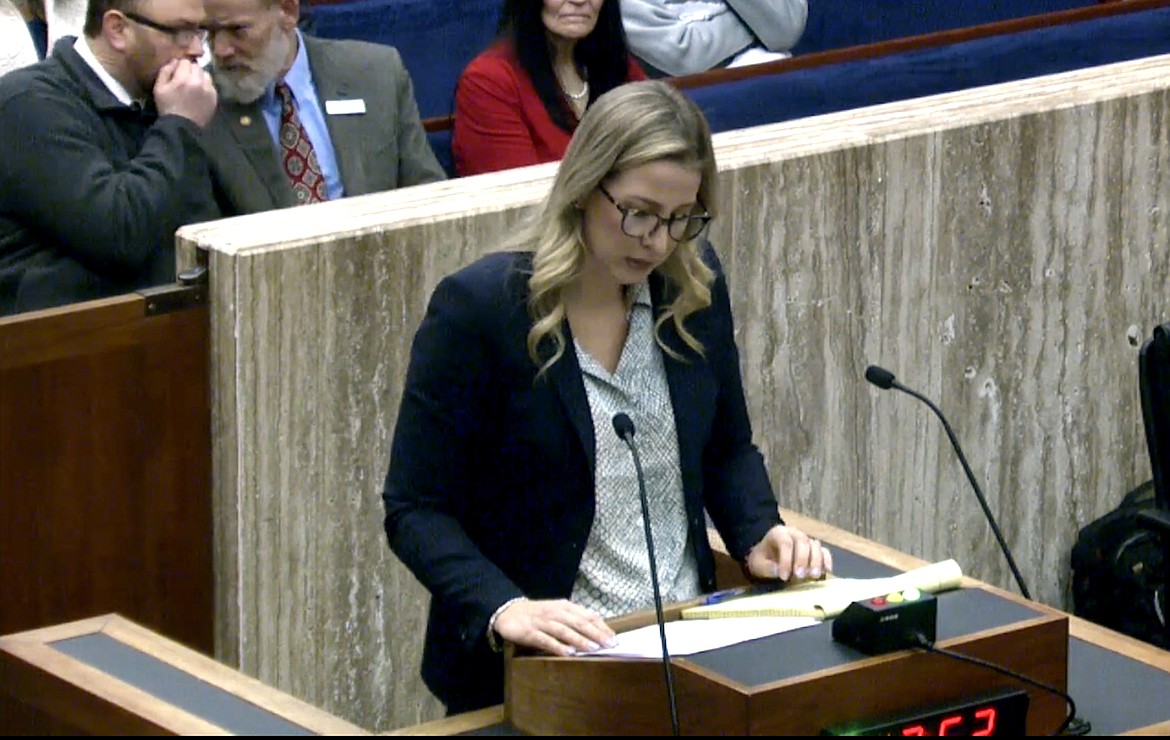Idaho Supreme Court rules in favor of city, Festival
The Idaho Supreme Court has affirmed a lower court decision on a lawsuit challenging a ban on firearms during the Festival at Sandpoint’s summer music series.
The ruling, which was issued Thursday morning, affirmed a First District Court ruling that found the Festival at Sandpoint has the right to set rules for those entering Memorial Field during the two weeks it leases the field for the summer music series. Among those requirements is a ban on attendees possessing weapons inside the venue.
Scott Herndon, Jeff Avery, Idaho Second Amendment Alliance, Inc., and Second Amendment Foundation, Inc. had filed the lawsuit against the city of Sandpoint and Festival of Sandpoint, Inc. case.
In arguing before the Idaho Supreme Court, Caldwell attorney Donald Kilmer, representing Herndon, Avery and the two Second Amendment groups, said the city is the guardian of the public's property and cannot arbitrarily give rights associated with them away.
The case is the latest filed by Scott Herndon, Jeff Avery, Idaho Second Amendment Alliance and Second Amendment Foundation over their denial by the Festival at Sandpoint to allow them to enter a 2019 concert with firearms.
Idaho law forbids curtailment of Second Amendment rights on public lands. War Memorial Field is owned by the city and leased to the Festival for two weeks in August.
The Festival began enforcing the weapons prohibition and conducting more thorough screening procedures in 2018 in order to fulfill contractual obligations of artists who perform during the concert series. The city maintains the Festival can enact its own security protocols because of the lease arrangement.
While the appellants contend the matter is about an illegal lease and the city negotiating away the right to self-defense, the city of Sandpoint's attorney, Katharine Brereton, said the matter is one of waiver. Having failed to prove their case in district court and at the Idaho Supreme Court, the appellants have again brought about a case that is unsupported by evidence.
"What this really comes down to is not whether or not the lease between the city and the Festival in 2019 was executed in a manner that complied with 50-1409," she told the justices. "Because what this case has always been about is the issue of private property rights and the misunderstanding of private property rights."

